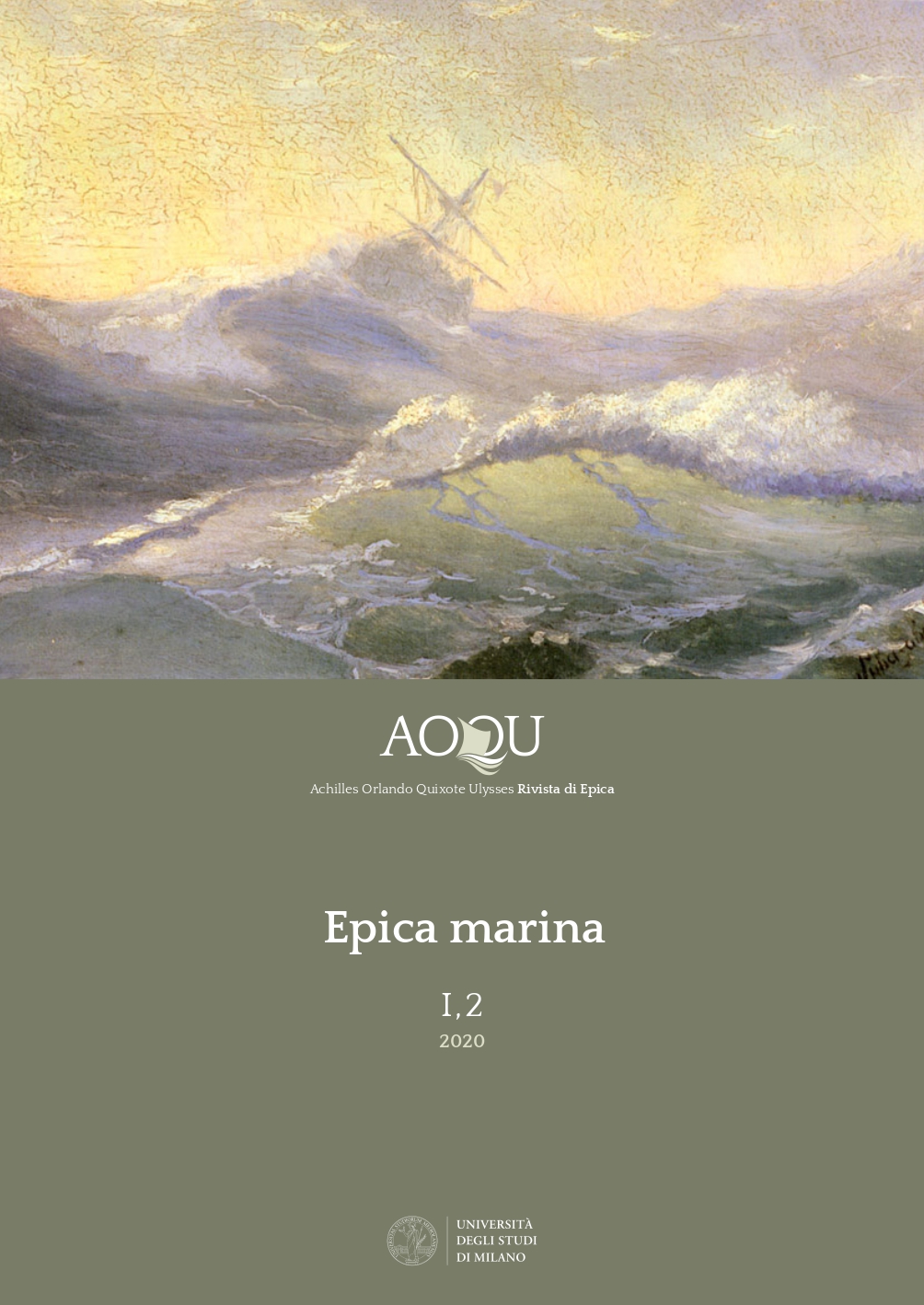Abstract
Stimulated by fundamental historical events, such as the Oriental war and especially its culminating moment – the legendary naval triumph of Lepanto –, the European epic tradition of the late Cinquecento and early Seicento underwent profound changes. The very adoption of the recent historical facts as a subject for epic poetry meant a radical deviation from the traditional path, as it made the authors of “modern” heroic epic abandon classical models and venture into bold poetic experiments. This article aims to analyse some of the most important aspects and tendencies privileged by the authors of three texts belonging to the Italian, French and Spanish epic traditions: La Christiana vittoria maritima by Francesco Bolognetti, L’Austriade by Pierre de Deimier and La Austríada by Juan Rufo. The present work is an attempt at identifying formal and semantic differences and affinities in the poetic discourse of the new historical, political, military and ideological reality, while having a closer look at the nature of the new ferments accounting for the profound innovation of the traditional epic topoi – a process that according to Mikhail Bakhtin, constitutes the essential condition for the continuous renaissance and evolution of any literary genre.

